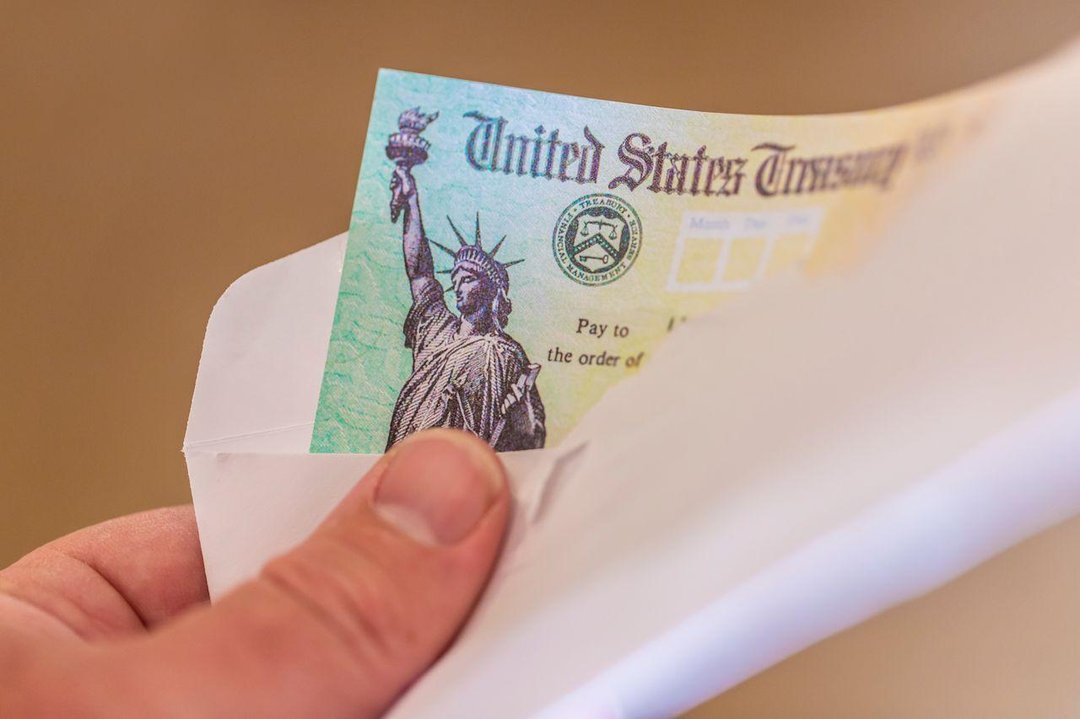
By Anne Tergesen
May 10, 2023
Millions of Americans will probably get their Social Security checks even if Congress fails to reach a deal to raise the U.S. debt limit, economists and policy advocates say.

There is a chance the checks many retirees rely on to pay the bills could be delayed or temporarily reduced should the government default. PHOTO: GETTY IMAGES/ISTOCKPHOTO
Still, there is a chance the checks many retirees rely on to pay the bills could be delayed or temporarily reduced should the government default on its obligations for the first time since the U.S. Treasury was established in 1789. If the checks are held up, the federal debt ceiling crisis could trigger household financial crises.
“Any disruption to Social Security would be burdensome for beneficiaries’ ability to pay rent, utilities, out-of-pocket medical expenses and groceries,” said Dan Adcock, director of government relations at the nonprofit National Committee to Preserve Social Security and Medicare.
The debt limit, currently $31.4 trillion, is the legal cap on how much the government can borrow to pay its bills. There have been some hiccups over it through the years, but raising this limit is often routine given the money is used to cover spending Congress already approved.
This month, Treasury Secretary Janet Yellen warned that unless Congress passes legislation to raise the limit, the department could run short of cash to cover all of the federal government’s bills on time as soon as June 1.
Republicans are pushing for spending cuts while Democrats argue negotiations should be settled separately. Lawmakers, who met Tuesday, still have time to avert a default.
None of this is likely to comfort the 66 million Americans who receive Social Security benefits.
How Social Security checks are paid
Social Security might seem insulated from borrowing limits, since the government collects a 12.4% payroll tax on earnings up to $160,200 to fund the program. Payroll tax and other program revenues covered nearly all of the more than $1 trillion Social Security paid in benefits in 2022, according to the Social Security Administration. The $2.8 trillion Social Security trust fund covered the gap.
While that is how the government accounts for Social Security’s finances, it isn’t how it pays out benefits.
The Treasury Department issues Social Security checks from its general fund, which resembles “a giant checking account,” said Steve Robinson, chief economist at the nonprofit Concord Coalition, which focuses on budget issues.
Federal revenues from sources including payroll and income taxes and borrowed money flow into the fund. The Treasury Department uses the commingled cash to pay invoices for everything from Social Security to tax refunds to contractors’ bills.
Treasury officials said bills are paid in the order in which they come due and it may not be possible to change the department’s systems to prioritize some obligations over others.
In a 2012 report, the inspector general of the Treasury Department said that in discussing a possible default in 2011, officials felt the least harmful approach would have been to delay paying bills until enough cash accumulated. Over the course of a year, tax revenue covers about 80% of government spending.
Timing of checks
The impact of any delay in Social Security payments would depend in part on the calendar.
Social Security recipients who were entitled to benefits before May 1997 are paid on the third of the month. Others are generally paid on the second, third or fourth Wednesday of each month, depending on their birth date.
Once Congress resolves the current stalemate over fiscal priorities and votes to raise the debt limit, Social Security beneficiaries would be compensated for any shortfalls or delays in payments, said Mr. Adcock.
A default could create other challenges for households, including turmoil in the financial markets that would likely punish retirement accounts.
Tapping Social Security’s trust fund to pay benefits
While any potential payment delays would initially be relatively short, they would get longer if a default isn’t resolved quickly, said Jason Fichtner, chief economist at the Bipartisan Policy Center.
That said, he believes the Treasury Department could use Social Security’s $2.8 trillion trust fund to ensure beneficiaries receive monthly payments on a normal schedule. Benefits currently total about $100 billion each month.
But others are skeptical.
During the 2011 debt ceiling fight, Treasury and Federal Reserve officials discussed a plan to continue making on-time payments on U.S. debt if no deal was reached on the debt ceiling, according to transcripts of Fed meetings. In February, Congressional Budget Office director Phillip Swagel said that while it is theoretically possible to prioritize payments to debtholders and Social Security recipients, “it would be technologically challenging.”
Other ways Congress can ensure benefits continue
Congress could protect Social Security benefits from a default without raising the debt limit.
“Politically, lawmakers really do not want over 60 million people mad at them,” said Alicia Munnell, director of Boston College’s Center for Retirement Research. With about 40% of beneficiaries relying on Social Security for half or more of their household income, millions might have to turn to payday loans or go without medicine or electricity if payments are delayed, she said.
Prof. Munnell said Congress might use a tactic it deployed during debt ceiling negotiations in February 1996. To pay Social Security benefits that March, lawmakers allowed the Treasury to borrow $29 billion, a sum Congress temporarily exempted from the debt limit.
Earlier this year, House Republicans introduced a bill that would require Treasury officials in a default to prioritize debt-service payments. The bill would also allow the department to exceed the debt limit to pay Social Security benefits.
But since Democrats don’t support the measure, it currently has no chance of passing, said Wendy Edelberg, a senior fellow in economic studies at the Brookings Institution.
Write to Anne Tergesen at anne.tergesen@wsj.com
Dow Jones & Company, Inc.



